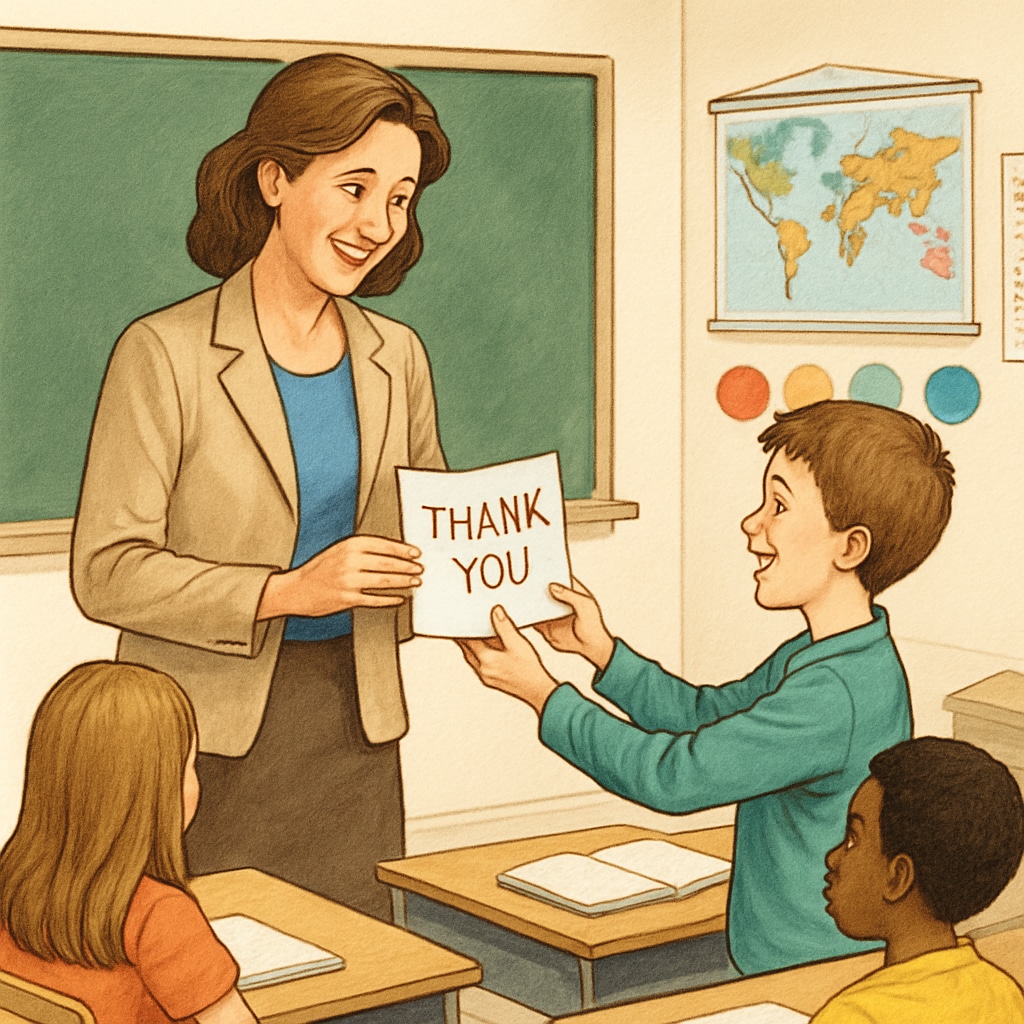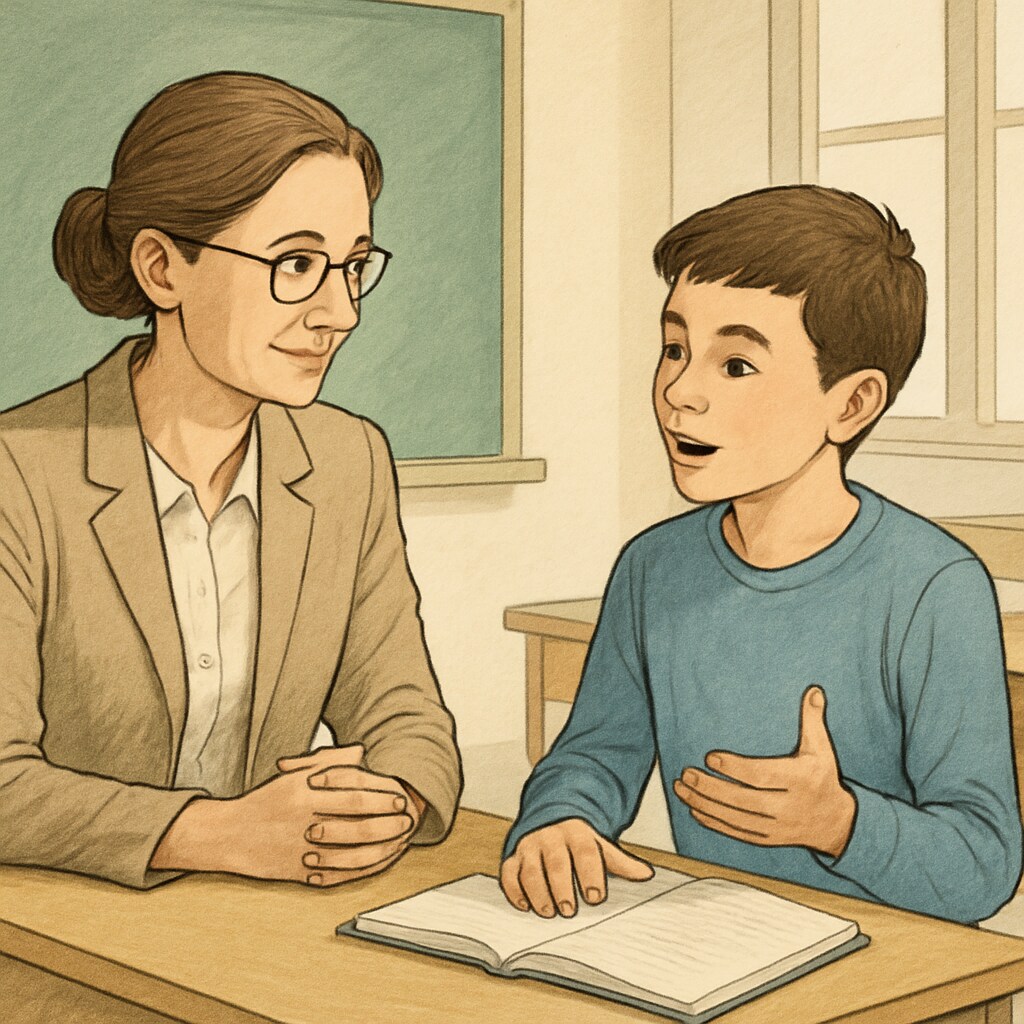When a student expresses sincere gratitude, it often reveals the deeper layers of the teacher-student relationship. This act of appreciation highlights the transformative power of education, where listening, respect, and understanding become pivotal in shaping a student’s growth journey. In the realm of education, the small moments of recognition carry significant weight. Teachers who embrace these moments foster connections that resonate far beyond the classroom walls, leaving students with lasting memories and invaluable lessons.
The Meaning Behind Student Gratitude
Student gratitude is not just about politeness or acknowledging a teacher’s efforts; it reflects the emotional and intellectual impact a teacher has had on their life. When students take the time to thank their educators, they often acknowledge how their perspectives have shifted or how they have grown as individuals. This gratitude underscores the importance of authentic human connections in education, reminding us that the learning process is as much about fostering relationships as it is about imparting knowledge.

For example, a teacher who listens actively to a student’s struggles or inspires them to pursue their dreams becomes more than an instructor—they become a role model. Such moments of gratitude often stem from these meaningful interactions, showing how education extends beyond textbooks and exams to touch the very essence of personal development.
How Teachers Influence Growth Through Respect
Teachers play a critical role in shaping students’ futures, and respect is at the heart of this influence. A teacher who respects their students creates an environment where they feel valued and understood. This respect fosters trust, which is essential for effective learning. When students feel heard and acknowledged, they are more likely to engage deeply with their studies and express appreciation for the guidance they receive.
In addition, respect encourages students to see their own worth. Teachers who empower students to voice their opinions or explore their passions often ignite a sense of confidence that stays with them for life. For example, studies have shown that positive teacher-student relationships lead to better academic outcomes, increased motivation, and higher self-esteem (Education on Britannica). These relationships are built on mutual respect, emphasizing the power of connection in the learning process.

Moments That Create Lasting Memories
In every student’s life, there are moments that stand out—times when a teacher’s words or actions leave an indelible mark. These moments often involve a teacher recognizing a student’s potential, offering encouragement, or simply being there to listen. Such acts may seem small, but they carry immense significance for students, shaping their attitudes toward learning and life.
- A teacher writing a note of encouragement on a student’s assignment, letting them know they have done an exceptional job.
- An educator taking extra time to help a struggling student understand a challenging concept.
- A teacher celebrating a student’s unique talents and encouraging them to pursue their passions.
These instances of recognition and support exemplify the essence of education as a deeply personal and human-centered endeavor. They remind us that the best educators are those who care, connect, and inspire.
Reconnecting Education to Human Relationships
In today’s fast-paced, results-driven world, the importance of human relationships in education can sometimes be overlooked. However, moments of sincere gratitude from students remind us that education is fundamentally about connection. Teachers who prioritize listening, respecting, and empowering their students cultivate environments where learning thrives.
As a result, these connections often become the cornerstone of a student’s academic and personal success. For educators, hearing their students’ gratitude reinforces the purpose of their work, motivating them to continue making a difference. For students, expressing gratitude allows them to reflect on their growth and the role their teachers have played in it.
At its core, education is a shared journey. By recognizing the power of gratitude and fostering meaningful teacher-student relationships, we can ensure that this journey is enriching for everyone involved.
Readability guidance: Short paragraphs and lists summarize key points. Use of transitional phrases (e.g., for example, in addition) ensures smooth flow. Minimal passive voice creates a direct and engaging tone.


